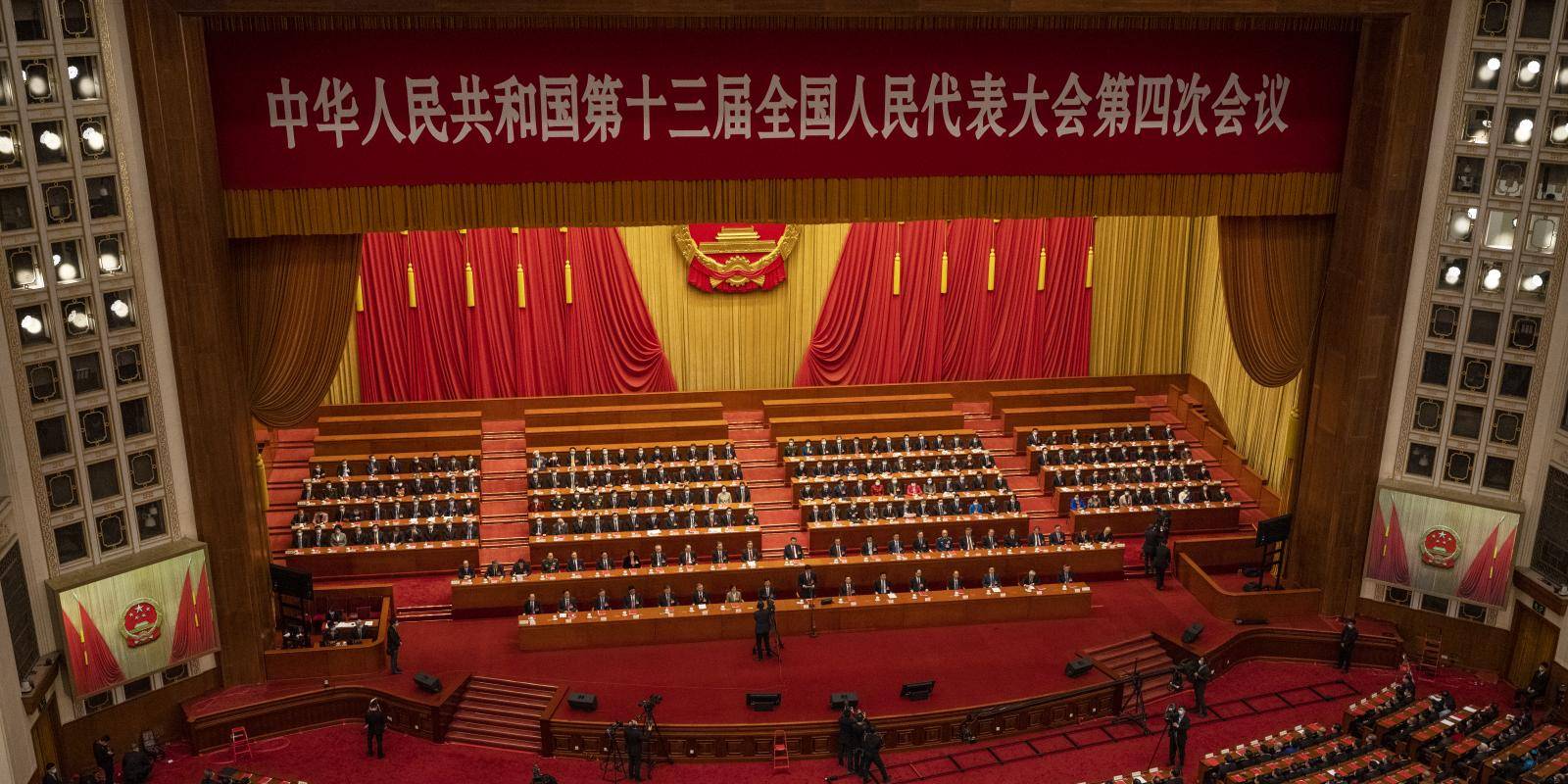Dr Yu Jie and Lucy Ridout

The number of central government institutions, provincial-level authorities and major state-owned enterprises with influence over the country’s foreign policy has increased as China’s international relations have become more complex.
This shift in the decision-making process has opened up an opportunity for specialized government institutions – often with a domestic remit – that can provide specific expertise and knowledge. This paper presents three case studies that demonstrate the influence of these subnational actors.
As the world figures out how to work with China on major global issues, such as climate change, a deeper understanding of the foreign policy decision-making process may hold the key to successful cooperation going forward.
Summary
The formation of China’s foreign policy is often the result of skirmishes between influential central government institutions, provincial-level governments and major state-owned enterprises (SOEs), each working for their own greater authority and budgetary power.
Beijing’s increasingly complex diplomatic challenges require specific expertise in foreign policy planning and implementation. Specialist central government bodies with domestic remits now play a decisive role in determining the country’s wide-ranging foreign policy agenda.
Provincial-level governments and SOEs wield sufficient power to determine key elements of Beijing’s foreign policy agenda, ranging from border disputes to investment in the Belt and Road Initiative.
The actions of these different subnational actors have global consequences. For example, China’s five largest power utility companies continue to resist climate policies, and their reluctance to cooperate has slowed the delivery of Beijing’s domestic climate agenda.
No comments:
Post a Comment